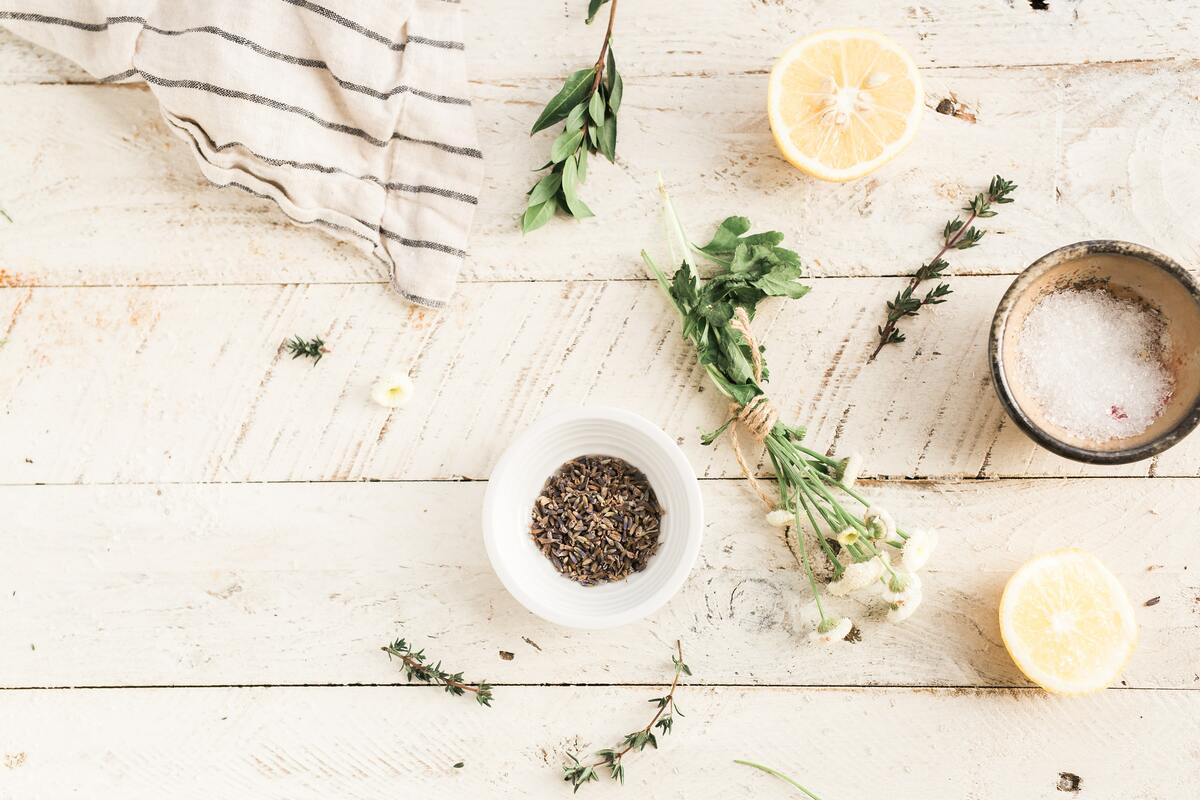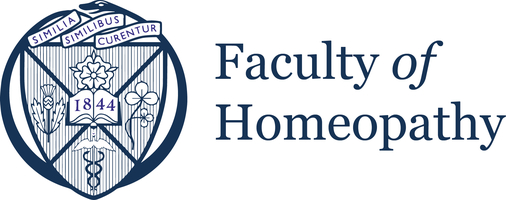
Patricia Donnachie
Patricia Donnachie tells how homeopathy became an important part of her approach to nursing.
I’d been a nurse for over 15 years, and at the time had just stopped work as a Bed Manager to have my third child and to return back to Scotland after living in Crawley, West Sussex. We arrived back with three children, one of which was only a few months old.
The idea was that I would stay at home and look after the children and see what jobs became available in the next year or so. What is it they say about all good plans? We had only been back a short while, when one evening my husband said his company were looking for an Occupational Health Nurse and finding it very difficult to fill the vacancy. Since I have an occupational health qualification I applied, was recruited and began working for BAE Systems Ltd, delivering a project to get the employees aware of their health and all the issues surrounding it.
It was while working on this year-long project that I first came into contact with complementary therapies. The occupational health doctor practised acupuncture and together we introduced sports’ massage for the employees. I discovered many of the employees were sensitive to medication or had health issues with a root cause that medication failed to deal with. So I decided to look at other forms of complementary therapies and became interested in homeopathy and the wide range of benefits it could bring.
Homeopathy is a gentle therapy with the ability to get to the root of the problem and not just deal with the symptoms. It treats patients as individuals and requires practitioners to get to know the patient and why the issue has occurred. This seems the best way to approach any illness and I often wonder why it’s not taught during nurses’ training. For me, this is holistic care at its best!
I was keen to learn about this therapy and BAE Systems agreed to pay for me to attend the primary care course. The course was better than I had expected but the issue for me as a nurse was it didn’t give me the ability to practise, for I could only use it on friends and family, not on patients. I needed to learn more and this is when I heard about the homeopathy BSc(Hons) course about to start at Edinburgh’s Napier University.
By this time I’d left BAE Systems and started working as a part-time community nurse. This allowed me to work and attend the course. Three years later, after much hard work and lots of fun too, I qualified and came away with my university degree and some wonderful friends who are still very close today.
I was the first nurse to be employed in the United Kingdom as an Advance Specialist Nurse practitioner. I have to thank a very forward thinking general manager in NHS Lothian for
giving me the opportunity, for until then doctors had always been employed in this type of specialist role. Initially it was quite difficult settling into the new role, but I had support from Dr Leanora Coll and Dr Bob Leckridge who made themselves available whenever I needed help.
Homeopathy for me has never been a standalone treatment. I feel we should be able to combine therapies and in this way find the best care plan to suit all our patients, and so offer the best care possible for each individual. Every day in clinic I see patients’ symptoms improving or being completely resolved. Yes, we do have patients, just like any other therapy, where we have trouble finding the right remedy, but we continue trying to find some way of improving our patients’ well-being.
It’s been ten years since I qualified and in the interim period I’ve seen a lot of changes, not only in homeopathy but also within the NHS. Today, I work in clinics in Lothian, Lanarkshire and at the Centre for Integrative Care and Homeopathic Hospital in Glasgow. I’m Dean of Nursing for the Faculty of Homeopathy, of which I am very proud, and also sit as an advisor on the committee for regulation of homeopathic products at the MHRA (Medicines and Healthcare Products Regulatory Agency). These two roles have allowed me to get involved in other projects, including going to Kenya to work with the 4kenia project which promotes the use of homeopathy in primary healthcare.
The NHS is undergoing radical reforms and will inevitably result in many changes. Even so, this is my dream job and I look forward to the next ten years and all that it brings.
Patricia Donnachie RGN DHPNC FFHom(Nurse) BSc(Hons)Homeopathy





